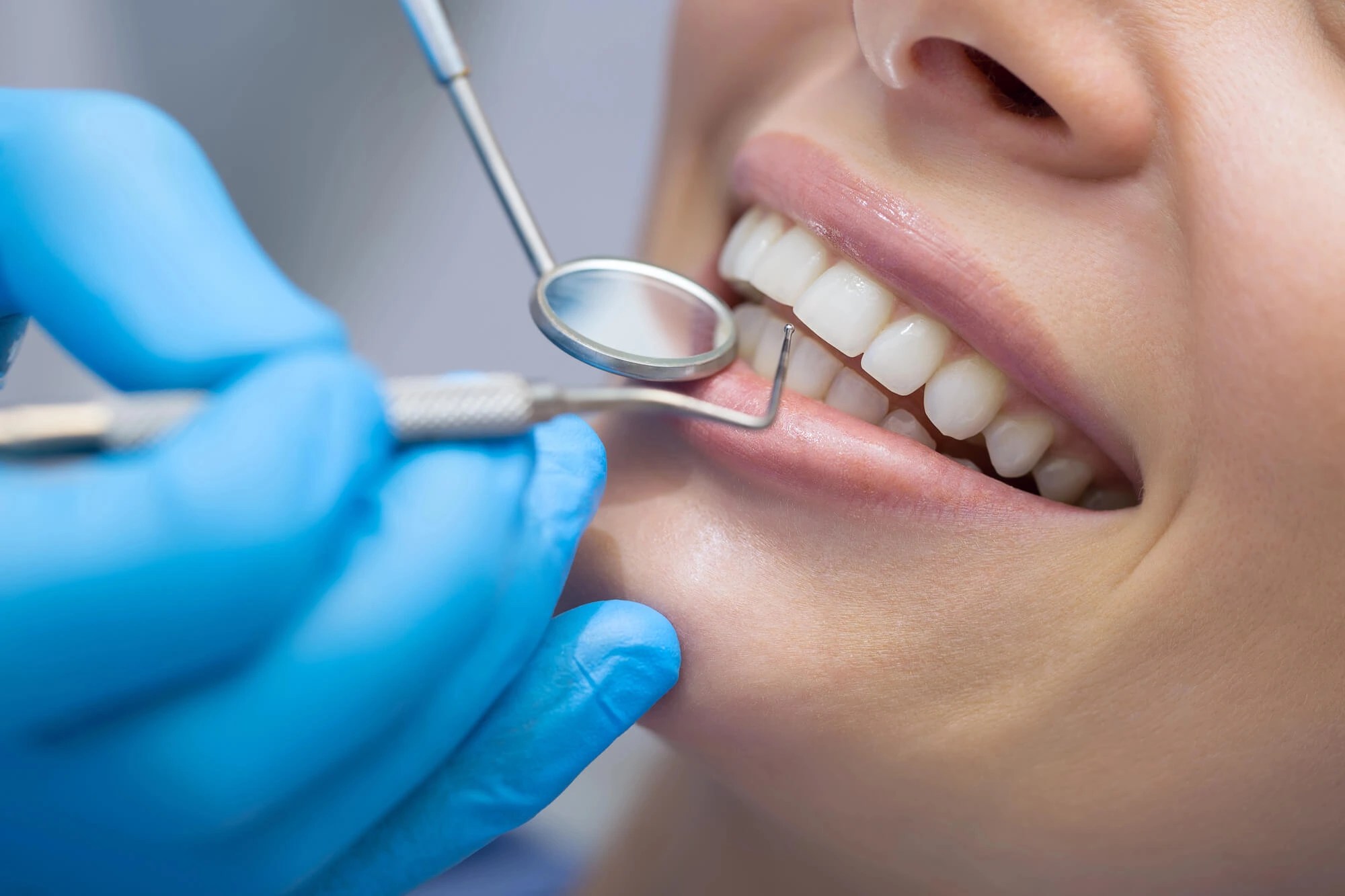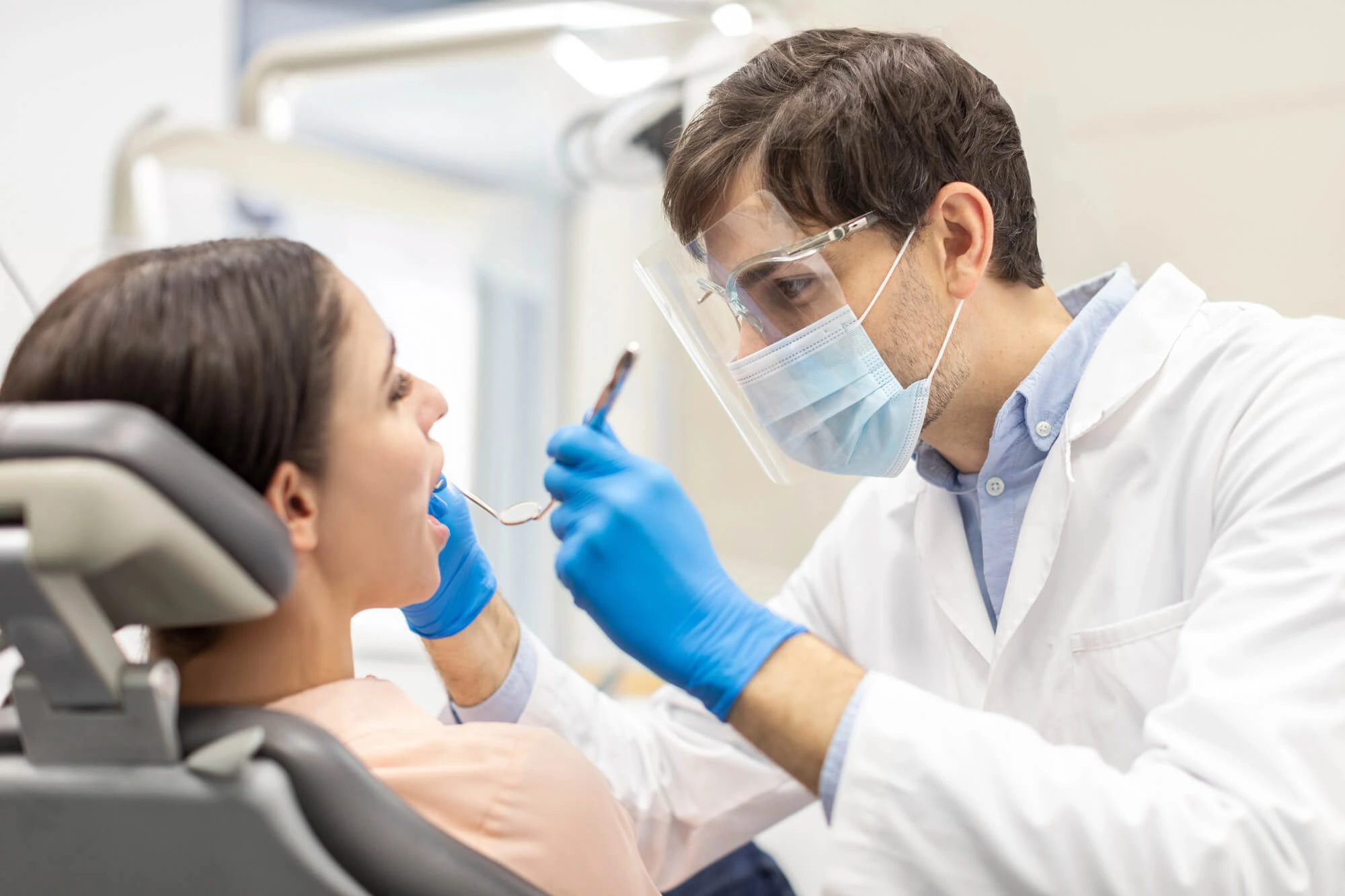How Often Should You Go to the Dentist? Understanding the Importance of Preventive Care

Many people only remember their Prattville dentist when an issue emerges. However, visiting the dentist regularly is an important part of staying healthy. Regular dental checkups offer many benefits beyond just keeping teeth clean, like preventing issues before they become serious and helping ensure a lifetime of good oral health.
But how often should you visit your dentist to protect your smile?

How Often Should I Go to the Dentist?
When it comes to finding the ideal frequency for dental visits, there’s no one-size-fits-all solution. Many factors, from your lifestyle habits to your oral history, need to be considered to find out what’s best for your oral health. For example, patients who have had gum disease are recommended to go for more frequent dental visits.
However, a good frequency to consider is the one suggested by the American Dental Association, which is dental visits every six months. This allows dentists to look for signs of decay and identify any dental problems you may not have been aware of. If conditions are not treated, they will become painful and challenging to treat in the future.
Some benefits of regular dental check-ups include:
1. Early Detection of Problems
One of the biggest benefits of regular dental visits is early detection.
Dentists are trained to identify issues like oral cancer, gum disease, and tooth decay before symptoms appear. By noticing these problems right away, we can provide the treatment necessary before the disease has become too serious, which often results in simpler and less costly treatments.
For example, a small cavity found early can often be treated with a simple filling, while a larger untreated one may need a root canal or even tooth extraction.
2. Professional Cleaning
Even with proper brushing and flossing practices, plaque and tartar can accumulate in the hard-to-reach spaces of your smile. During dental cleanings, hygienists use specialized instruments to remove these buildups, particularly in the spaces between teeth and around the gum line.
This keeps your mouth fresh, helps prevent bad breath, and lowers your risk of cavities and gum disease.
3. Preventing Gum Disease
Many patients believe that cavities are the worst thing that can happen to their teeth, but gum disease, or periodontitis, can be just as, if not more, damaging.
This condition is caused when bacterial plaque accumulates along your gum line. Plaque releases acids that irritate your gums, causing them to retract, leaving your teeth’s sensitive roots exposed. Besides leading to dental sensitivity, gum disease can result in tooth loss, making it a serious issue that needs to be addressed right away.
But periodontal disease begins painlessly and quietly, meaning regular dental visits are the only way to identify its signs while it’s still easy to treat. With routine dental checkups, dentists can monitor the condition of your gums, identify inflammation early, and suggest treatments like deep cleaning or special rinses to prevent the disease from getting worse.
4. Building Healthy Habits
Frequent dental checkups support the development of healthy oral hygiene practices. Dentists and hygienists can identify your dental habits from the state of your teeth and offer tailored nutrition, brushing, and flossing guidance.
They can also assist in identifying unhealthy behaviors that might harm your smile without your awareness, such as grinding or using teeth as tools.
5. Monitoring Growth and Development
Dental visits are especially important for children. During them, dentists monitor the development of baby teeth and the arrival of adult teeth and check for alignment issues that may need orthodontic treatment. Early detection of problems can lead to better outcomes and fewer complications later on.
6. Improving Overall Health
There’s a strong link between oral health and overall health. Gum disease has been linked to heart disease, diabetes, and respiratory conditions. With regular dental visits, you aren’t just protecting your mouth but also supporting your general health.
7. Saving Money Long-Term
While some people avoid the dentist to save money, regular dental visits help reduce long-term costs. Preventing major dental work by catching problems early is far less expensive than treating advanced tooth or gum damage.
Following the last example, a simple filling is much more affordable than a root canal.

What Will Happen During My Dental Checkup?
Many people are afraid to visit the dentist regularly because it can be intimidating. However, if you know what to expect during your dental examination, it might be a little simpler to schedule an appointment and settle into that comfortable chair.
When you see your dentist next, they will:
- Examine your mouth, teeth, and gums in great detail.
- Inquire about any dental problems you've had since your last visit and your general health.
- Ask questions about what you eat and your tobacco or alcohol use.
- Give you tips on how to maintain better oral hygiene and general teeth-cleaning practices.
- Provide recommendations for dental care or other treatments, if required.
At the end of the appointment, your dentist should suggest a dental cleaning to eliminate any plaque buildup and protect your smile.
What Will Happen During My Dental Cleaning?
A dental cleaning (also called a prophylaxis) is a routine yet vital procedure that helps maintain oral health by removing plaque, tartar, and surface stains. Typically, during them, this happens:
- A dental hygienist starts by examining your mouth using a small mirror, looking for signs of gum inflammation, cavities, or other concerns.
- The hygienist uses a scaler (manual or ultrasonic) to remove plaque and tartar from around the gum line and between teeth.
- A high-powered electric brush and gritty prophylaxis paste are used to polish the teeth. This smooths the tooth surfaces and removes minor stains from foods, drinks, or habits like smoking.
- The hygienist thoroughly flosses between each tooth to remove debris and check gum health.
- You'll be asked to rinse your mouth to remove any remaining debris or polish.
- A fluoride gel, foam, or varnish is applied to the teeth to strengthen enamel and prevent future decay.

Keep Your Smile Healthy with Regular Visits to the Prattville Dentist
Regular dental visits are much more than just cleanings. They are a key part of a healthy lifestyle for both children and adults. By visiting the dentist every six months, you can prevent problems, catch issues early, and enjoy a healthier, more confident smile for life.
Here at Glynwood Dental Care, we strive to help you achieve the best oral care possible, and preventive care plays a big role in that. Contact us today if you’re due for a check-up, and let’s schedule an appointment as early as possible!
.webp)

.png)
